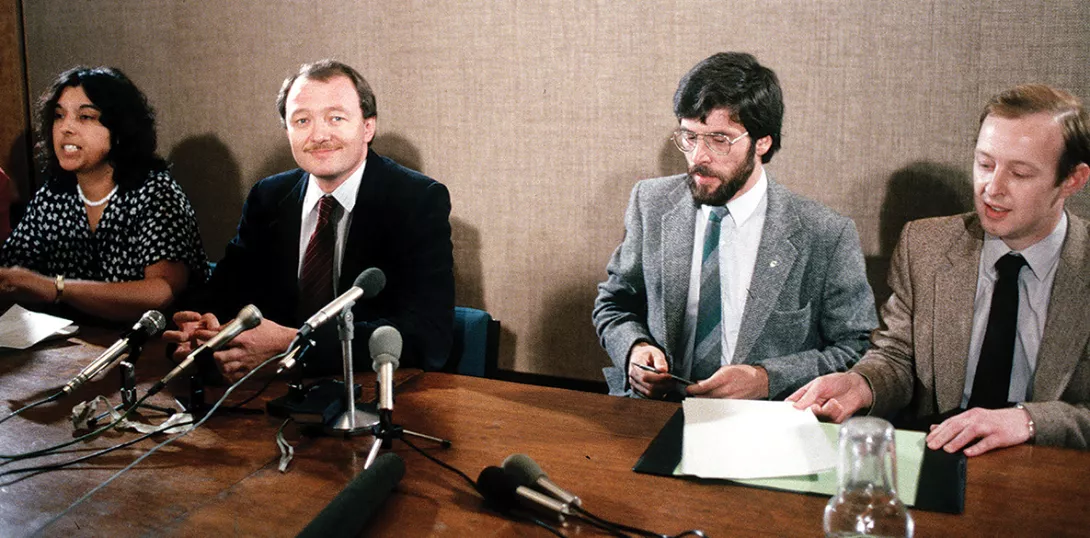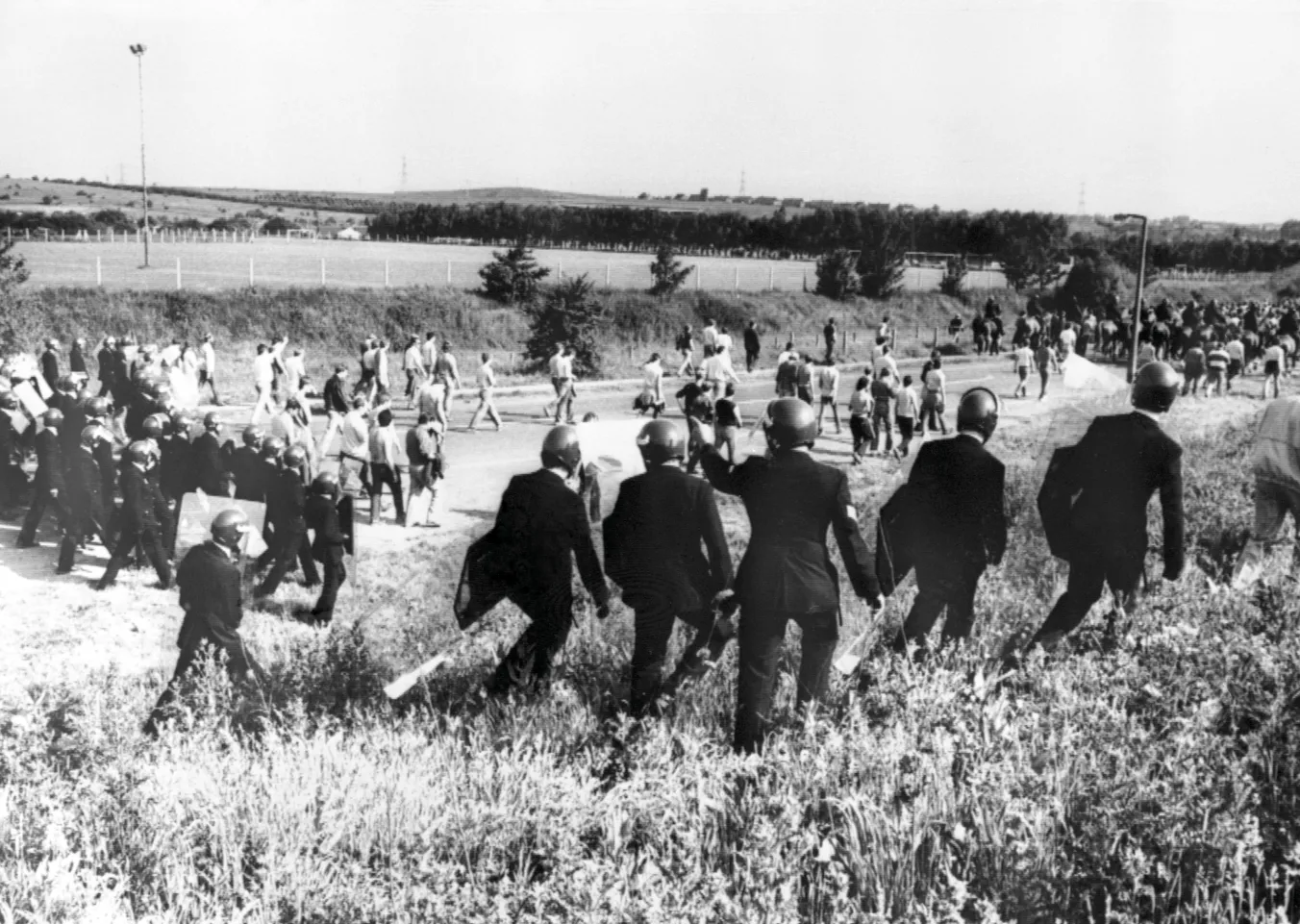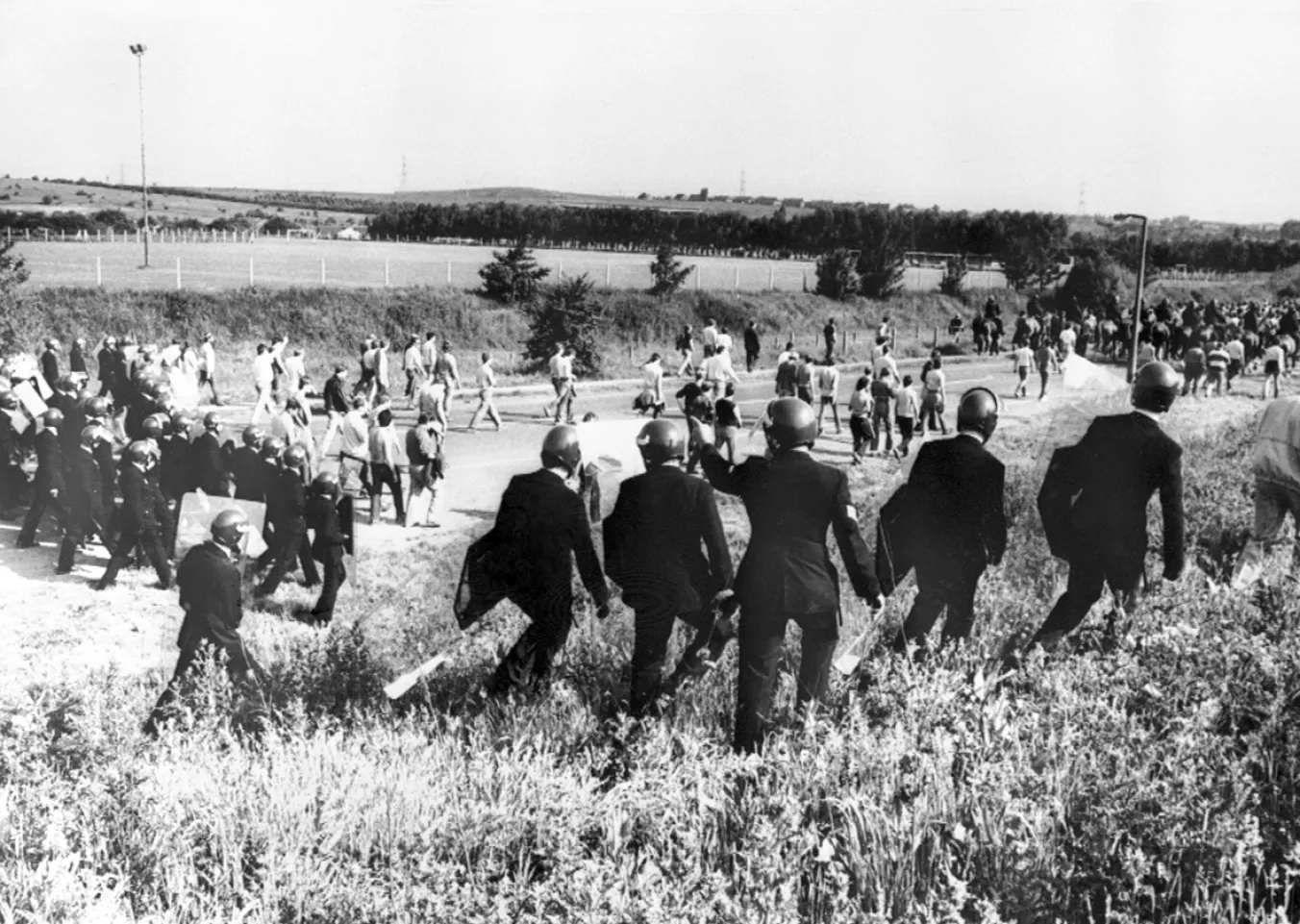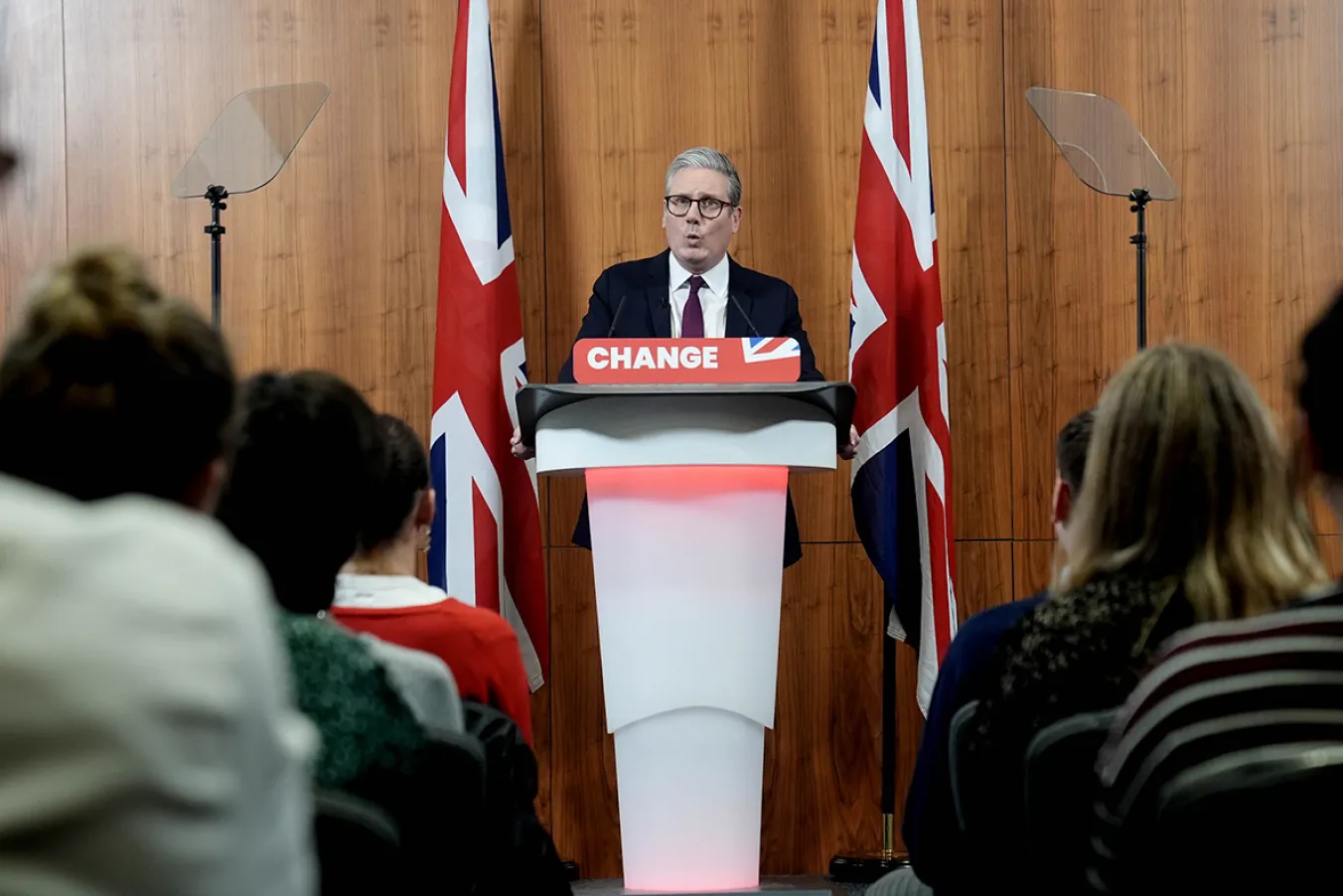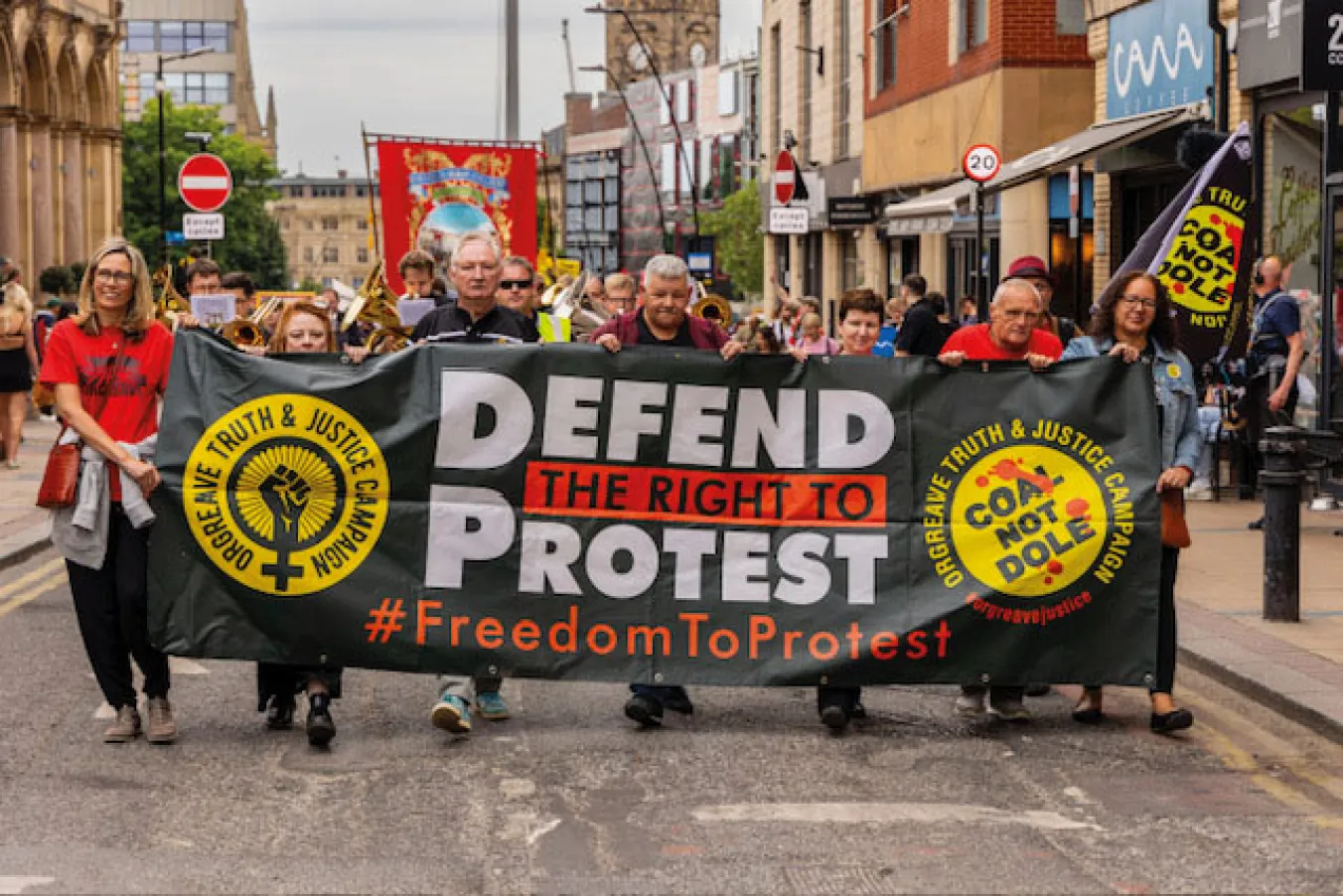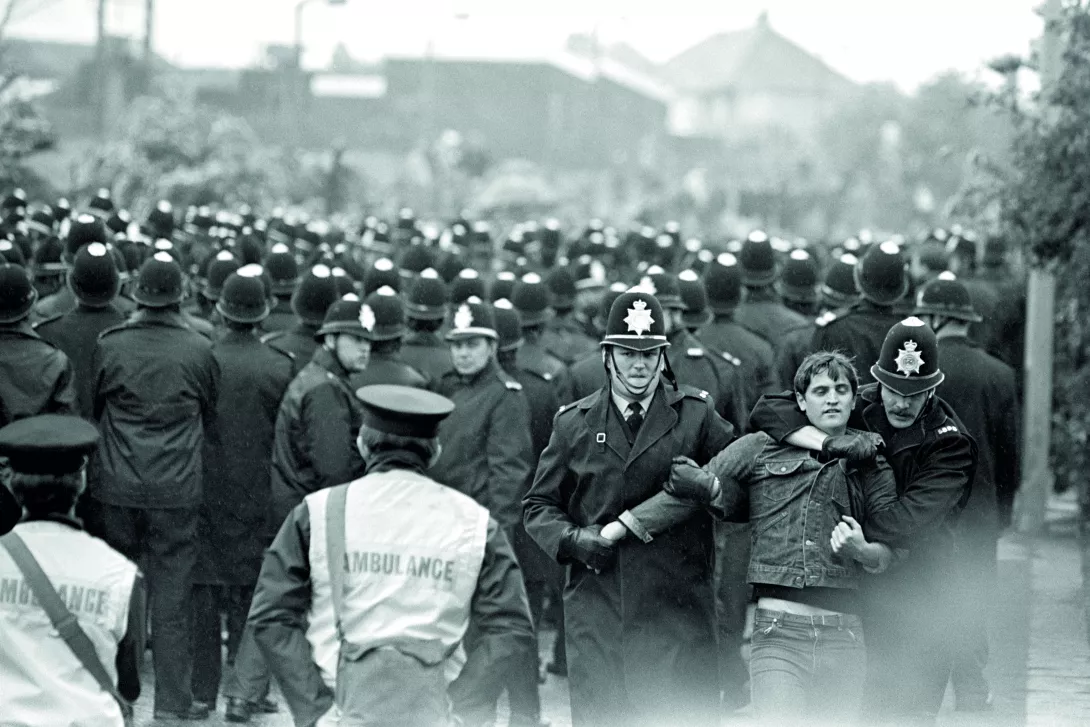
SINCE becoming politically active in the 1960s, I have seen 11 different leaders of the Conservative Party, representing various internal factions and interests.
But one thing that has been a consistent feature is a reluctance to engage in meaningful debate about the direction of the country on real issues of importance: anyone would think they’re aware that openly acknowledging their commitment to pursuing policies which leave the majority worse off to ensure the class who fund them continue getting richer is not exactly a vote-winner!
Part of dodging substantive debate has always involved the use of distractions and scapegoating tactics — as seen in the bizarre rants about “cultural Marxism” from figures such as Tory MP Miriam Yates at the recent National Conservatism conference — and it is no coincidence that reactionary rhetoric on immigration always gets ramped up in periods of economic crisis.



